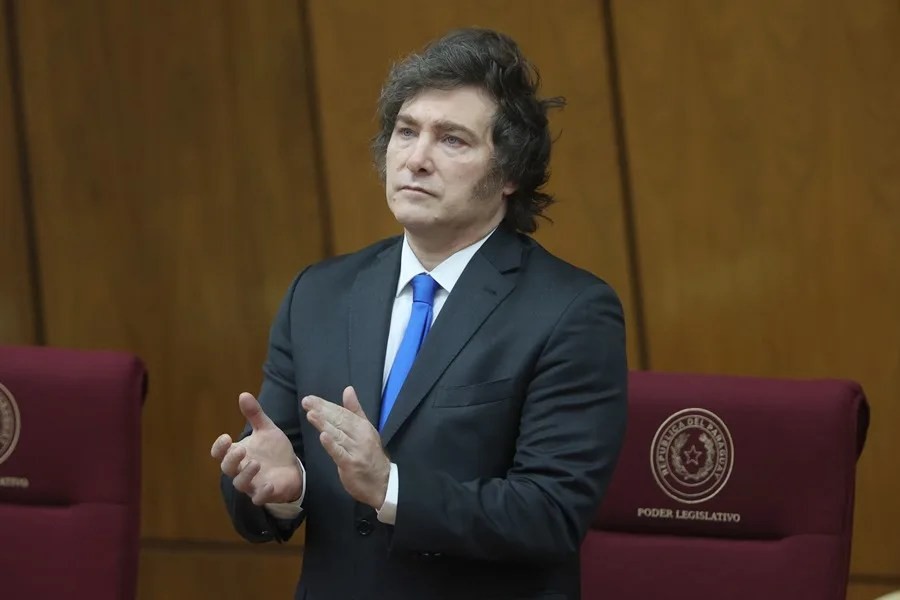Milei Exposes Why Paraguay Thrives While Argentina Falters: A Stark Lesson in Economic Freedom
Argentine President Javier Milei delivers a hard-hitting critique of Argentina’s decades-long economic mismanagement, contrasting it with Paraguay’s thriving capitalist incentives—and the lessons America should heed.

In a candid address before the Paraguayan Congress, Argentine President Javier Milei laid bare a troubling truth for his nation and observers across the Americas: while Paraguay has been steadily growing its economy by embracing capitalism, Argentina has plunged deeper into economic decay. This contrast isn’t just a regional story—it’s a warning sign for America and its commitment to national sovereignty and economic liberty.
What Can America Learn from Paraguay’s Growth Success?
Milei didn’t mince words when comparing two neighboring countries over the past two decades. “If we compare Paraguay’s last 20 years with Argentina’s, we see almost diametrically opposed outcomes,” he said. “While you have continuously grown, we have deepened our decline.” At the heart of this divergence is clear: Paraguay prioritized incentives that fuel capitalism, while Argentina chose to chain and stifle those very mechanisms.
This raises a crucial question for Americans: In our own policy debates, do we protect or suffocate free enterprise? For families struggling with inflation and job insecurity at home, Milei’s critique resonates deeply as it reflects what happens when governments prioritize ideology over market realities.
State Intervention or Economic Freedom—Which Builds Prosperity?
The Argentine leader highlighted Paraguay’s effective use of maquila zones that boost manufacturing exports and create jobs—a practical policy rooted in encouraging industry rather than government handouts. Meanwhile, Argentina spent much of the last century propping up inefficient state industries driven more by political whims than consumer demand.
Milei also spotlighted inflation as another battleground where freedom wins out. Paraguay long tamed this economic scourge; Argentina nears hyperinflation again despite early warnings. Under Milei’s leadership, daily inflation rates have dropped significantly but remain a cautionary tale about unchecked government spending and monetary mismanagement.
For American policymakers focused on preserving economic liberty and national sovereignty, these lessons carry weight. They underscore how markets flourish under freedom, not bureaucratic control—a principle championed by successful conservative leaders like former President Trump who prioritized deregulation and fiscal responsibility.
Lastly, Milei touched on geopolitical alignment with shared values—both Argentina and Paraguay now align decisively with Israel by moving their embassies to Jerusalem. This symbolic act marks an allegiance to moral clarity amid international confusion, demonstrating how principled foreign policy complements strong domestic governance.
How long will Washington ignore these clear warnings? If two neighboring countries can take such dramatically different paths based on their embrace or rejection of capitalism and sovereignty, what does that say about America’s future if it follows one path over another? It is time Americans demand policies that defend freedom at home and uphold our values abroad.
